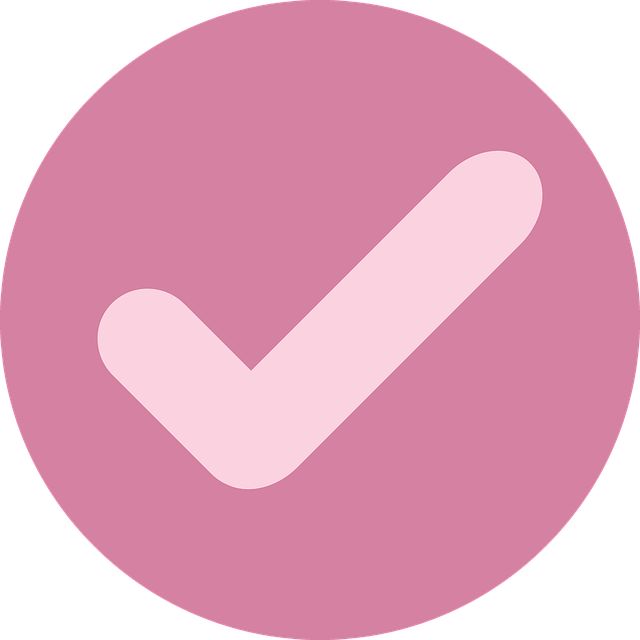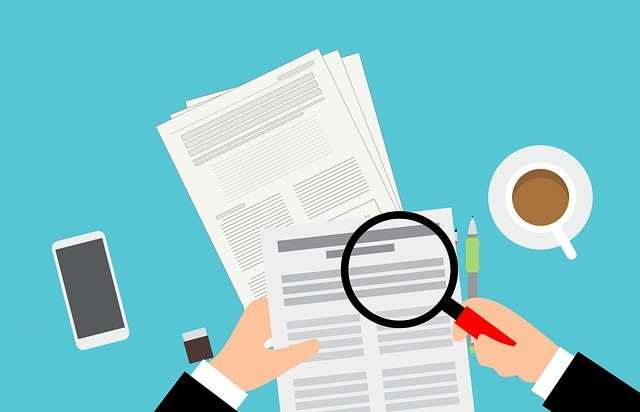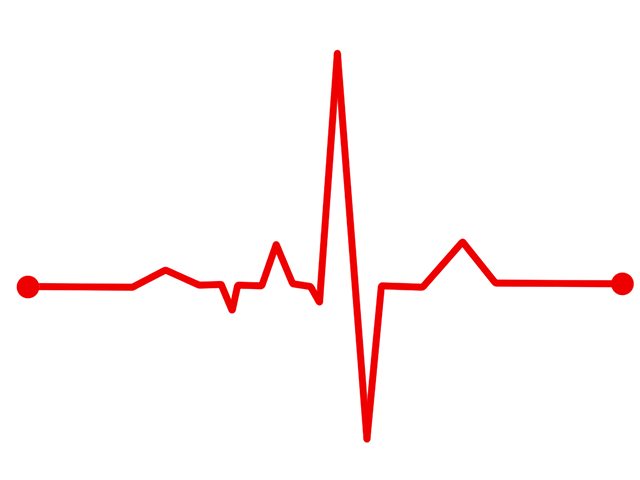The Öko, or Oeko-Institut e.V. is the German Institute for Applied Ecology – Institut für angewandte Ökologie. The goal of this research center is broad and covers actions toward environmental protection.
The Öko, or Oeko-Institut e.V. is the German Institute for Applied Ecology – Institut für angewandte Ökologie. The goal of this research center is broad and covers actions toward environmental protection.
The European Commission has been contracting with the Oeko-Institut to assess the relevance of RoHS exemptions. Before detailing the role of the Oeko-Institut, let’s summarize what RoHS signifies.
EU RoHS is the European directive 2011/65/EU restricting certain hazardous substances in new electrical and electronic equipment. Manufacturers and importers of new equipment must confirm their devices do not contain RoHS chemicals like lead above the admitted limits.

However, some specific applications require restricted substances above the generally admitted threshold. An exemption would then apply when the industry is unable to avoid the use of the regulated chemical. For example:

There are two lists of RoHS exemptions under Directive 2011/65/EU. Annex III lists general exemptions, and Annex IV focuses on exemptions applicable to medical devices and monitoring and control instruments.
The exemption lists are not static. Following technological progress, an exemption is either:
Various amendments of the RoHS directive update these exemptions. By default, the European Commission reviews the exemption lists every five years. However, these exemptions are subject to changes at any time. The goal is to get as few exemptions as possible. Enviropass maintains the current versions of the RoHS exemption lists.
Revising exemptions requires advanced expertise. It is why the European Commission requests support from the Oeko-Institut via evaluation processes and consultation with stakeholders for annexed exemptions.
The European Commission requests the Oeko-Institut to assess certain exemptions from both annexes. The European Commission groups in Packs the exemptions under assessment.

The evaluation processes follow various milestones, following a consultation period with scopes, dates, and deadlines. The CIRCA (Communication and Information Resource Centre for Administrations, Businesses, and Citizens) website compiles the information received during the consultation periods.
Following the evaluations, the Oeko-Institut gives recommendations to the European Commission.

From a manufacturer’s perspective, it is necessary to keep abreast of the changes of RoHS exemptions.
Why? A product under an exemption that is no longer valid no longer complies with RoHS. Therefore, the manufacturer should monitor the claimed exemptions and request replacement parts whenever necessary.
It is possible the register to the Oeko-Institut newsletter for RoHS evaluations. At Enviropass, we also send updates via our social networks (like LinkedIn) or our newsletter.
We can audit your bill of materials using standard IEC 63000 and determine what exemptions your designs may use. Ask Enviropass for a free consultation and see how we can help!